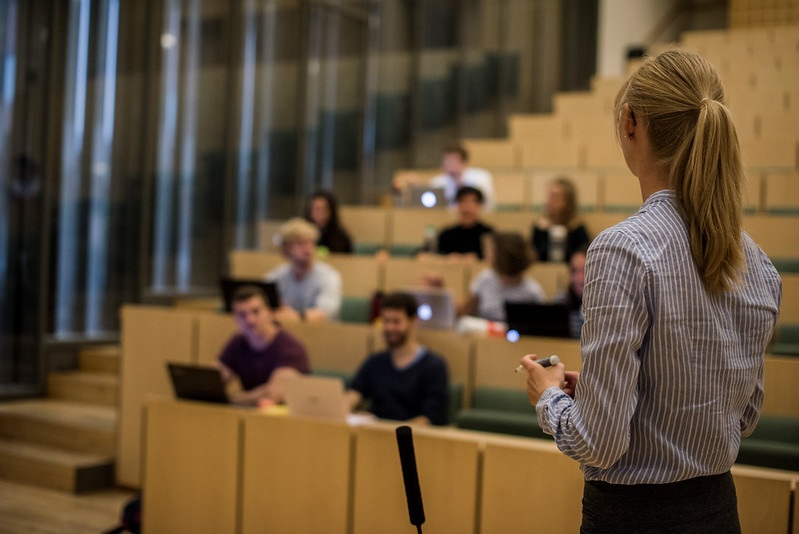Studying in Denmark offers a wide range of opportunities, especially in fields such as technology, design, business, and environmental studies. Denmark has a reputation for high-quality education, innovative teaching methods, and a strong focus on critical thinking, creativity, and collaboration. Here’s an overview of the key points regarding studying in Denmark:
1. Higher Education System
Denmark has several prestigious universities, including:
- University of Copenhagen (KU)
- Aarhus University
- Technical University of Denmark (DTU)
- Copenhagen Business School (CBS)
- Aalborg University
There are three types of higher education institutions:
- Universities: Focus on research and theoretical knowledge.
- University Colleges: More practice-oriented, offering professional bachelor’s degrees.
- Academies of Professional Higher Education: Offer short-cycle education in vocational and applied fields.
2. Programs Offered
Denmark offers a range of undergraduate, graduate, and doctoral programs in English. Fields like business, technology, environmental science, and design are particularly popular.
Types of degrees:
- Bachelor’s degree: 3 years.
- Master’s degree: 2 years.
- PhD programs: Typically 3 years, with a research focus.
3. Tuition Fees and Scholarships
- EU/EEA students: Generally, higher education is free.
- Non-EU/EEA students: Must pay tuition fees, which range from €6,000 to €16,000 per year depending on the program.
- Scholarships: Several scholarships are available for international students:
- Danish Government Scholarships
- Erasmus+ Program (for European students)
- Nordplus (for students from Nordic countries)
- Individual university scholarships
4. Language Requirements
- Most programs are offered in English, so proficiency is necessary.
- For English-taught programs, students typically need to provide an IELTS or TOEFL score.
- Danish-taught programs require knowledge of Danish, proven by a test such as Danskprøve or Studieprøven.
5. Cost of Living
- Denmark has a relatively high cost of living compared to other European countries.
- Accommodation: €400 – €700 per month (depending on the city).
- Food and transportation: €250 – €350 per month.
- Student discounts are available on transportation and some services.
6. Work Opportunities
- International students from the EU/EEA can work without restrictions.
- Non-EU/EEA students can work up to 20 hours per week during the academic year and full-time during June, July, and August.
7. Visa and Residence Permit
- EU/EEA students do not need a visa or residence permit but must register with local authorities if staying for more than 3 months.
- Non-EU/EEA students need to apply for a residence permit (visa) to study in Denmark. The application process typically involves:
- Proof of admission to a Danish institution.
- Financial proof to cover living expenses (around €1,000 per month).
- Health insurance documentation.
8. Student Life and Culture
- Denmark is known for its high quality of life, sustainability, and a vibrant student community.
- Danish culture emphasizes equality, social welfare, and environmental consciousness.
- Student unions and activities are abundant, offering opportunities to engage with local and international students.

